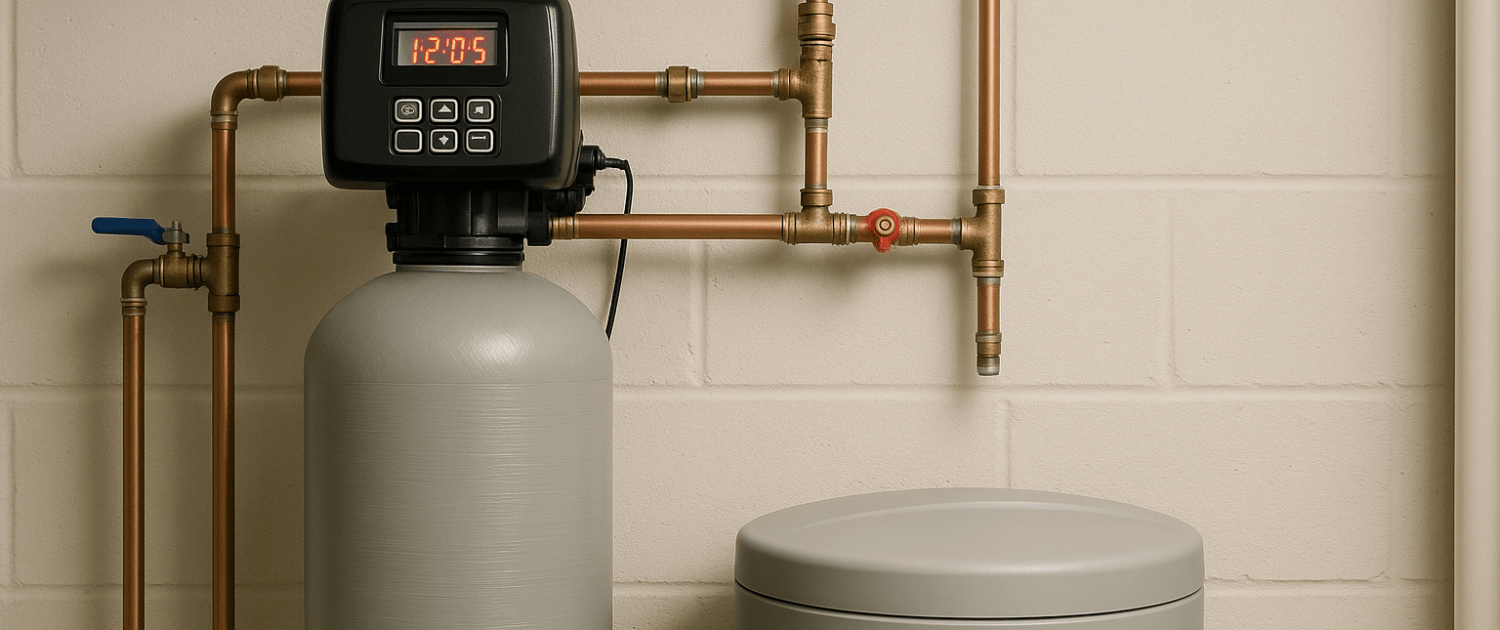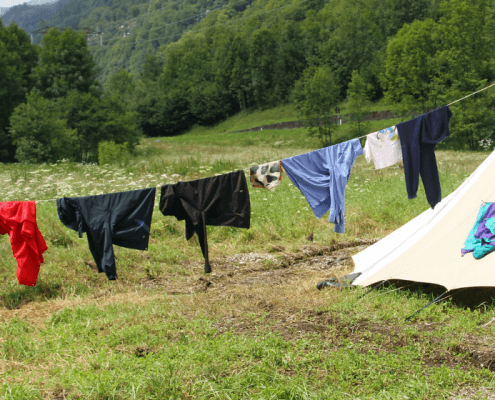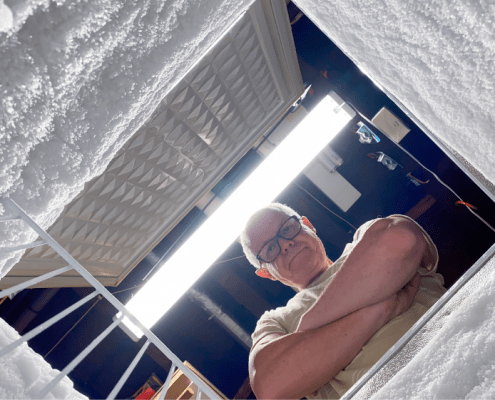Top Benefits of a Water Softener System For Your Home
Steven E / Monday May 12, 2025
Hard water can cause serious trouble in your home if you don’t take care of it. The minerals in the water build up, clog pipes, and mess up your appliances. And before you know it, your fancy fixtures and machines become nothing more than useless paperweights. Hard water may not be harmful to drink, but it’s not doing any favors for your household budget or home infrastructure. A home water softener could be the answer.
If you need any replacement parts for any of your appliances, you can enter your model number at AppliancePartsPros.com to order them. Most orders arrive in just two business days, and we have thousands of free videos to show you how to install your new parts.
The information in this article may not apply to your specific appliance model. We recommend consulting your manufacturer’s documentation or contact us with any questions.
What is hard water?
So, let’s talk about why softened water is a total game-changer. You see, water can be “hard” due to these two minerals – calcium and magnesium. They naturally occur and dissolve into groundwater from sources like limestone as it seeps through the earth.
The first hint of hard water’s negative effects shows up in pipes and fixtures around your home. Over time, a hard white film called scale forms as the minerals deposit onto showerheads and faucets. If not treated, this buildup can reduce water pressure and even clog pipes completely.
Unfortunately, scale isn’t limited to plumbing – it’s equally problematic for appliances that use water. From dishwashers and washing machines to water heaters, the minerals coat internal components, making them less efficient and shortening their lifespans. It’s like they’re wearing insulation that makes the devices work much harder than they should.
To add to the trouble, hard water also clashes with soap and leaves a scummy film on anything it touches. Showering, doing laundry, and washing dishes become a real hassle as cleaning products just don’t work as well. The result? Dull, stained dishes, and dingy clothes, no matter how many detergent pods you use.
How a water softener works
Here’s a brief overview of how these magical machines operate:
Water softeners do their thing by using a process called ion exchange. The hard water flows through a tank filled with little beads. These beads have positively charged ions that grab hold of the calcium and magnesium ions from the water. In return, they let go of sodium ions, which don’t stick together and create that annoying scale.
Once the water is “softened,” you can safely use it all around your home without any concerns about residue or buildup. And the best part? It makes your cleaning products work even better, giving them the power to tackle dirt and grime.
Energy savings
Not only does a water softener keep your pipes clean and protected, but it also helps you save big on utility bills by boosting appliance efficiency. Here are a few ways it cuts costs:
Hard water scale acts as an insulator that makes water heaters work much harder than necessary. Softened water prevents this, allowing units to heat swiftly without wasting BTUs. Studies show water heaters usually see energy reductions of up to 25%
No more mineral spotting means dishwashers don’t have to crank up temperatures as high to get dishes truly clean. Softened rinse cycles are just as effective at lower heat.
Softened water lets clothes washers do deep cleaning with fewer hot-water cycles and reduced detergent use.
Even minor water-using gadgets like coffee makers and humidifiers last longer and use less power without hard water grime building up.
With water heaters accounting for around 18% of a typical home’s energy usage, stopping scale buildup can knock off hundreds from your yearly gas or electric bill. In the long run, a softener pays for itself multiple times over!
Fewer home plumbing repairs
Not only do you save energy, but a water softener also helps you save some extra cash. By preventing harmful mineral buildup, it significantly extends the lifespan of appliances and plumbing fixtures in your home.
Scale removal means water heaters, dishwashers, and hot water tanks don’t need replacing every 5-10 years like normal. Pipes don’t spring leaks from corroded valves or burst under high pressure. Even supply lines inside walls stay protected for decades instead of requiring costly and messy repairs.
When you think about it, regular appliances and water systems often cost homeowners thousands of dollars to replace. But by staying on top of breakdowns with softened water, you can actually save big in the long run. In fact, in many cases, the upfront cost of a softener ends up paying for itself within just a few years!
Pick the perfect system
With all the benefits they offer, picking a water softener is a no-brainer. But, you might be wondering, which type and size are the best fit for your specific setup? Well, here are a few factors to consider while you’re making your selection:
- Test your water and buy a unit rated to handle its mineral levels. Oversizing wastes salt.
- Bigger homes/families need larger tanks for higher daily demand.
- Prices vary significantly based on features. Discuss financing if needed.
More information
Thanks for reading! If you have any other appliance repair needs or projects, you can find more resources including our DIY blog at AppliancePartsPros.com. There, you can enter your model number to order the exact parts you need. Most orders arrive in two business days.
You can also reach our award-winning customer service team at 1-877-477-7278, chat with a pro on our website and watch thousands of free video tutorials on our YouTube channel.
With nearly a decade of experience in providing top-notch customer service regarding appliance parts and repair, Steven enjoys sharing practical advice, troubleshooting tips, and interesting information to help readers stay informed.





